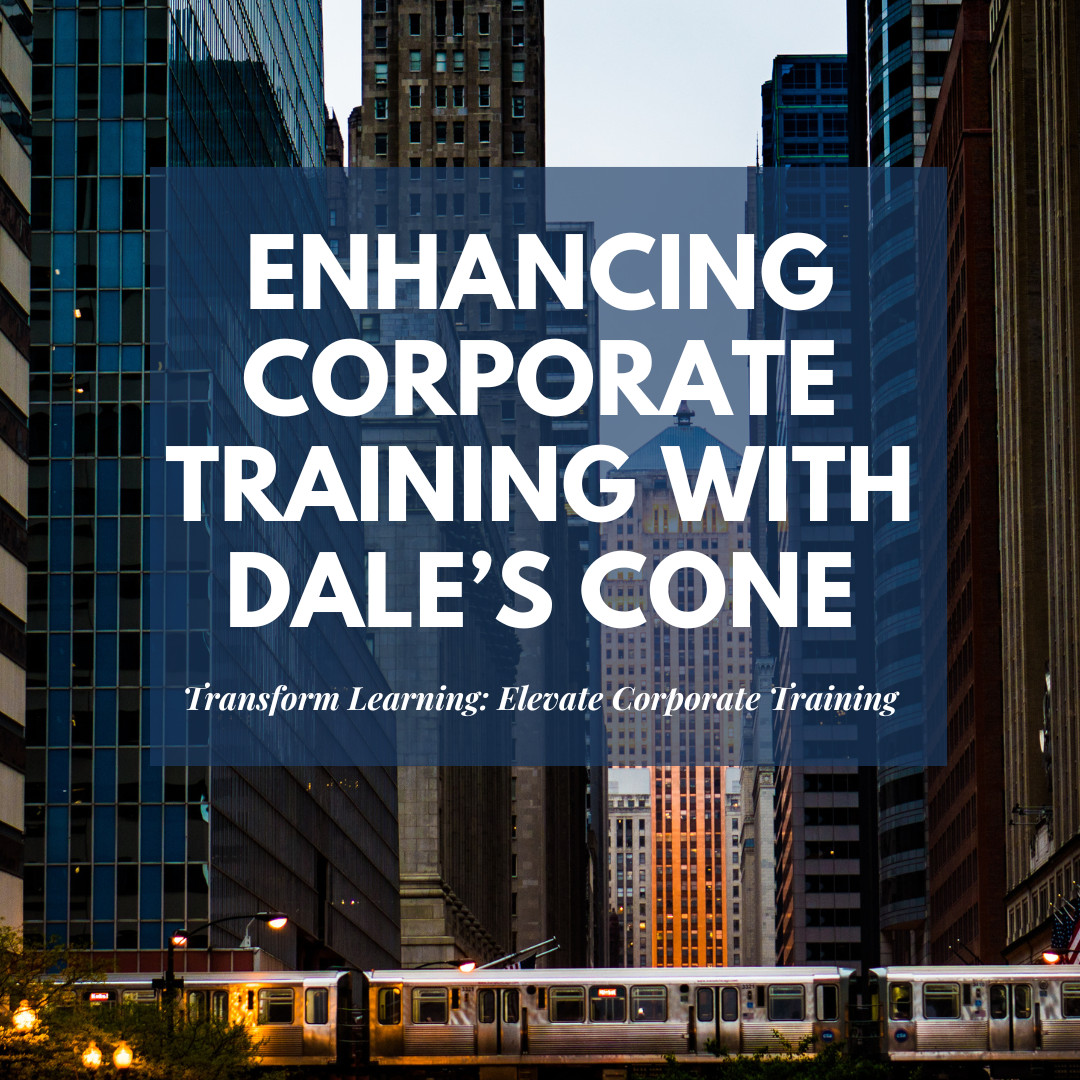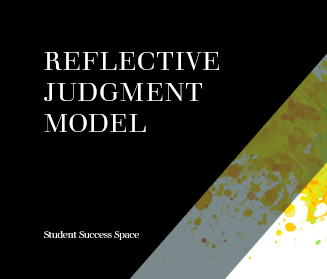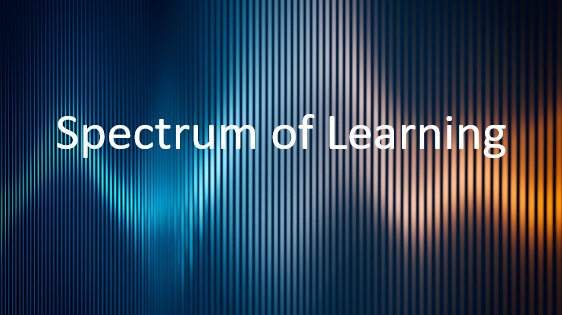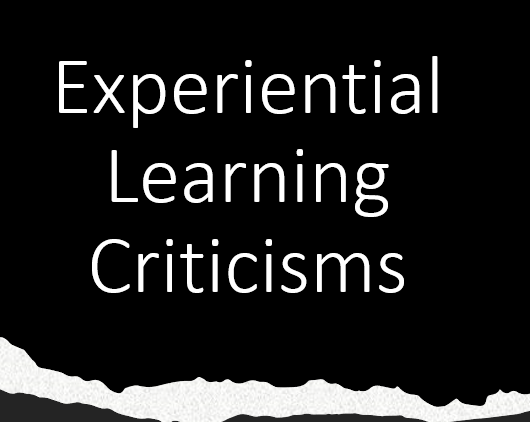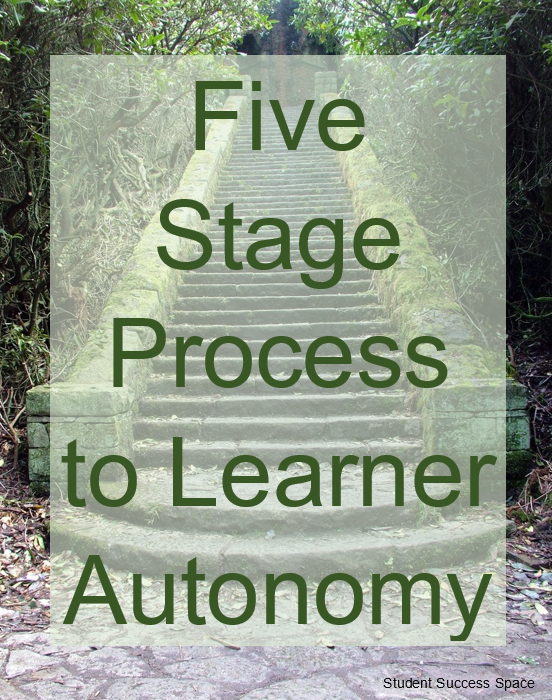Discover how Dale’s Cone of Experience boosts engagement, retention, and effectiveness in corporate training programs.
Embracing growth and change, adaptability in learning fosters resilience, innovation, and personal development.
The Socratic method is a powerful teaching strategy that encourages students to engage in critical thinking, […]
Looking for some resources for your child? Try out these options for learning, development and STEM. […]
In 1994, King and Kitchener developed the Reflective Judgment Model to examine how individuals arrive at conclusions and approach problems. Their model has seven different stages to describe the process.
Learning methodologies can be found on a spectrum from the more teacher-centered approaches to the more learner-centered approaches. This is demonstrated by noting how lectures are teacher-centered while experiential learning is learner-centered.
For all of the positive aspects to experiential learning and those who support this method of learning, there are also noted criticisms or weaknesses to this approach.
A five stage process to learner autonomy was first identified by Curran in 1976 but further expounded upon by Candy in his 1991 work, Self-Direction for the Lifelong Learner. This five stage process looks at the progression of the learner through the process of moving from a dependent learner to an independent learner.
Effective reading strategies are an essential component for the self-directed learner and independent learning. An individual simply cannot be effective learners, capable problem-solvers, adaptable to learning environments and possessing the capability to apply new information without the best reading and comprehension skills.
One of the greatest dilemmas in the research for the autonomous learner or the self-directed learner […]
